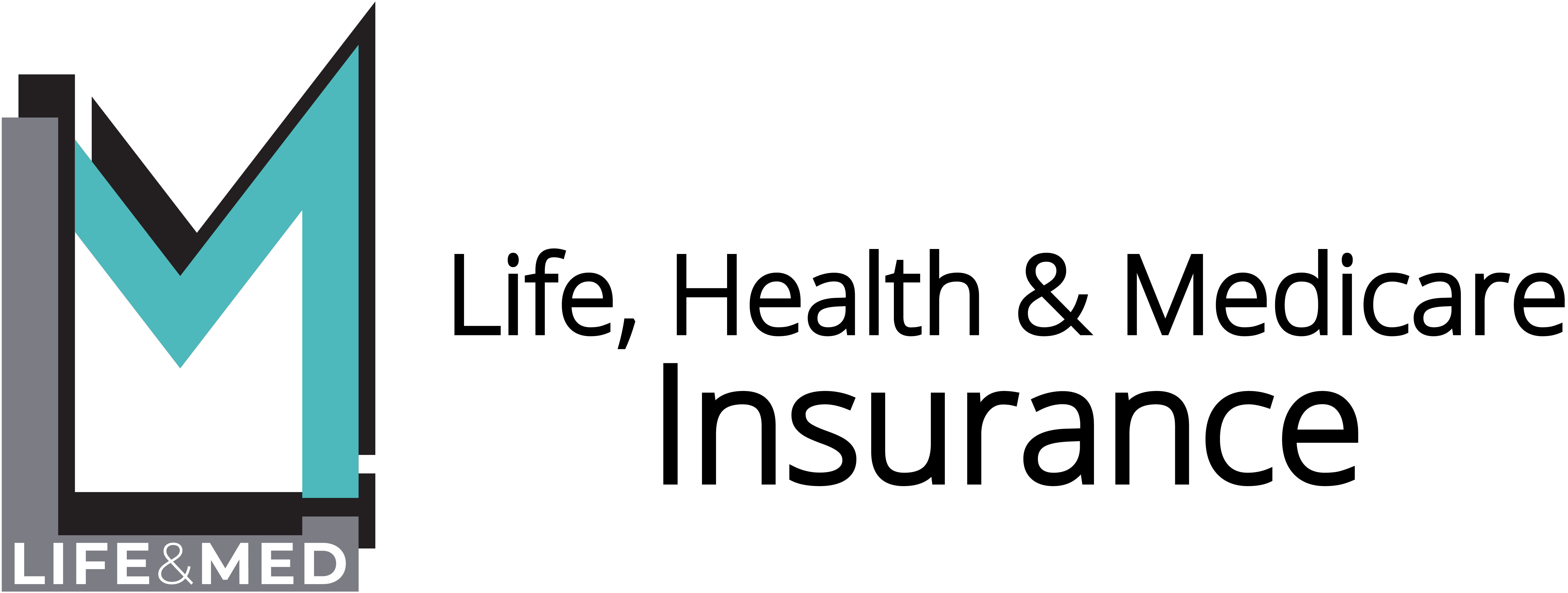Understanding Medicare, is crucial as you approach retirement age or need to manage your healthcare options. With the right choices, you can gain access to high-quality, affordable healthcare. But when you make a mistake in your selections, you could wind up unable to access or afford the best care for your needs.
Here’s a detailed look at the different Medicare Plans to help you decide what’s necessary and how it all fits together. We’ll also explore the differences between Medicare Supplement and Medicare Advantage plans to help you make the best decision for your healthcare needs.
What is Medicare Insurance?
Medicare is a federal health insurance program primarily for people aged 65 and older, but it also covers certain younger people with disabilities and individuals with End-Stage Renal Disease (ESRD) or Amyotrophic Lateral Sclerosis (ALS). Originating in 1965, Medicare was designed to address the lack of health insurance coverage for the nation’s elderly. Today, it continues to provide financial security and health benefits to millions of Americans.
In the United States, Medicare helps cover hospital stays, doctor visits, prescription drugs, and other healthcare needs. The program is divided into several parts, each covering different aspects of healthcare. Understanding these parts is essential to choosing the right coverage for your situation.
Decoding the Parts of Medicare Coverage
Medicare consists of four main parts: Part A (Hospital Insurance), Part B (Medical Insurance), Part C (Medicare Advantage), and Part D (prescription drug coverage). Each part provides specific benefits that cater to the healthcare needs of insured individuals. Knowing what each part covers can help you better manage your healthcare costs and needs.
Find out more about what Medicare covers at the official website, or contact me to schedule an appointment. I’m here to help with your Medicare questions.
Medicare: Part A
Medicare Part A covers inpatient hospital care, skilled nursing facility care, hospice, lab tests, surgery, and home health care. Most people do not pay a premium for Part A if they or their spouse paid Medicare taxes while working.
Medicare: Part B
Medicare Part B covers outpatient care, doctor visits, preventive services, and medical supplies. It is a standard monthly premium that most people pay, which can vary based on your income. In 2024, the standard Part B premium is projected to remain relatively stable compared to previous years.
Medicare: Part C (Medicare Advantage)
Medicare Advantage plans are offered by private insurance companies approved by Medicare. These plans provide all Part A and Part B benefits and often include additional benefits like dental, vision, and hearing. Many also include prescription drug coverage. Medicare Advantage plans vary in cost and benefits.
Medicare: Part D
Medicare Part D provides prescription drug coverage. These plans are also offered by Medicare-approved private companies. Part D can help lower the cost of prescription drugs and protect against higher costs in the future. Premiums and the specifics of what is covered can vary from one plan to another.
Learn more: What’s Medicare for All?
Medicare Supplement Coverage

Medicare Supplement Insurance, also known as Medigap, is additional health insurance you can buy from a private company to pay health care costs not covered by Original Medicare, such as copayments, deductibles, and health care if you travel outside the U.S. Medigap policies do not work with Medicare Advantage Plans. Understanding the variety of available Medigap plans and the coverage they offer can be crucial.
Medicare Supplement plans help fill the gaps in your Original Medicare coverage. These policies are standardized, meaning that each plan of the same letter offers the same basic benefits, no matter which insurance company sells it. However, the cost of these policies can vary depending on the provider and the extent of coverage.
Finding the Best Medicare Coverage
Choosing the best Medicare coverage, involves comparing Medicare Advantage and Medicare Supplement plans based on your individual health needs and financial situation. It’s advisable to consult with a Medicare expert who can provide personalized advice and help you navigate the complexities of Medicare. Local agents like myself have insights into the plans that are most popular and beneficial in the your area, and can assist you in finding a plan that fits your needs and budget.
Whether you’re new to Medicare or looking to switch plans, understanding the specifics of Medicare, will help ensure that you make an informed decision. With the right plan, you can enjoy your retirement with peace of mind, knowing that your health care needs are covered.

